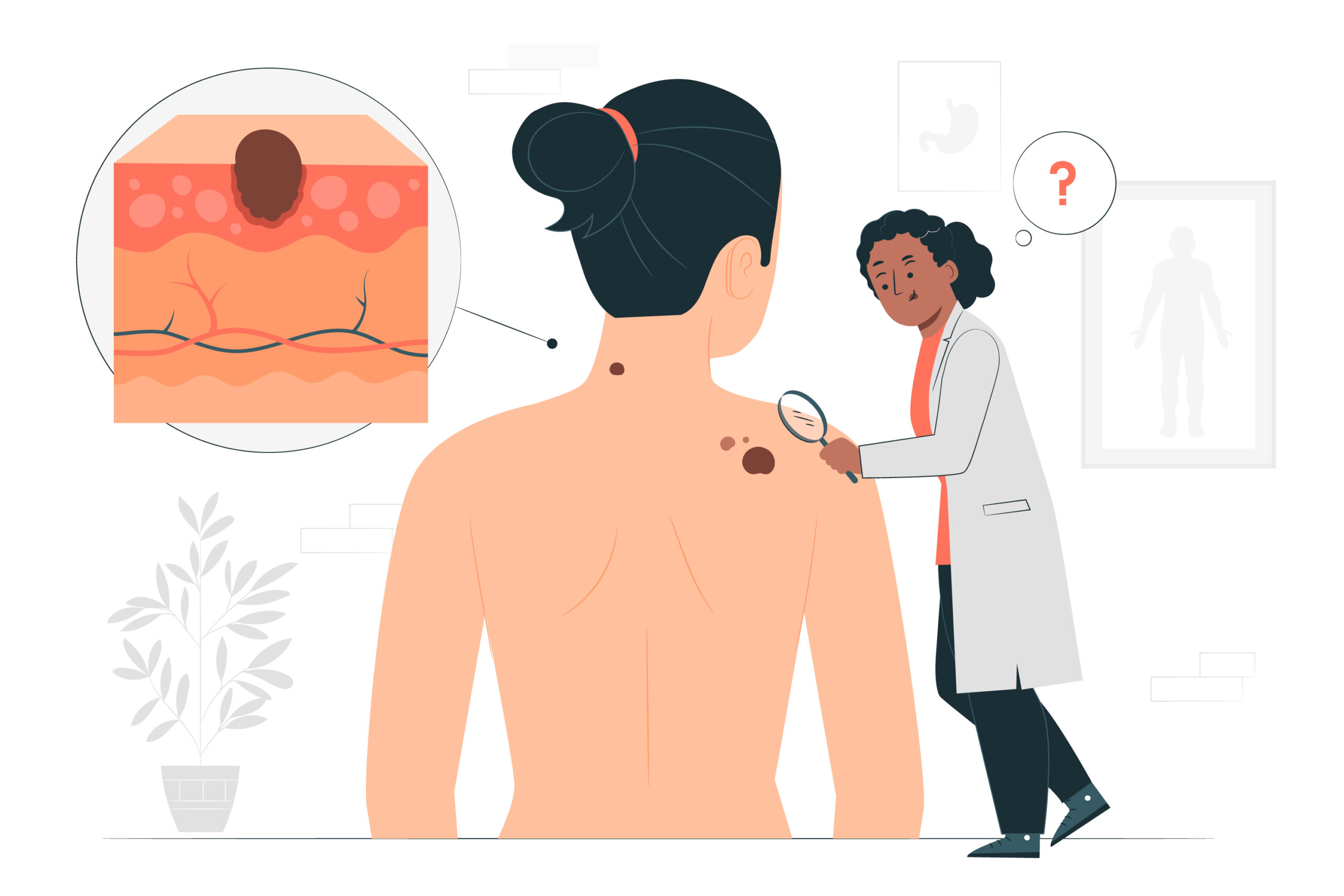Skin problems are common, and many of us experience occasional breakouts, dryness, or irritation. But how do you know when these skin issues are normal and when they might be a sign of something more serious? Here’s how you can tell the difference:
1. Duration of the Problem
If your skin issue lasts for just a few days or weeks and then clears up, it’s probably nothing to worry about. Common issues like pimples, dryness, or minor rashes can come and go. However, if the problem persists for weeks or months without improvement, it could be a sign of an underlying health issue.
2. Severity of Symptoms
If your skin problem is mild and doesn’t cause much discomfort, it’s likely normal. For example, small pimples or minor redness might just be the result of stress, diet, or seasonal changes. But if the skin issue worsens, causes pain, or starts affecting other parts of your body (like fever or swelling), it might indicate a health problem and should be checked by a doctor.
3. Type of Symptoms
Certain symptoms like excessive redness, swelling, pain, or pus-filled bumps could be signs of infections or conditions like eczema, psoriasis, or acne that needs special treatment. Skin changes such as unexplained bruising, unusual growths, or dramatic color changes might also indicate something serious.
4. Triggers
If you notice that your skin problem worsens after exposure to specific factors, like a certain food, weather, or products, it could simply be an irritation or allergy. However, if you experience no specific triggers but still have persistent symptoms, it might be worth seeking professional advice.
5. Family History
If someone in your family has had a similar skin problem or chronic skin condition (like eczema, acne, or rosacea), your issue may be a genetic factor. In such cases, it’s often normal, but it can still be managed with the right treatments.
When to Seek Professional Help?
If your skin problem is severe, doesn’t go away, or is causing you distress, it’s important to consult a dermatologist. A healthcare professional can help determine whether your issue is normal or the result of a more serious health condition. It’s always better to be cautious and get a professional opinion, especially if your skin symptoms start to impact your daily life.
Conclusion
In most cases, skin problems are temporary and nothing to worry about. However, if your symptoms last too long, worsen, or cause significant discomfort, it’s important to seek medical advice. Understanding the signs can help you take the right steps to care for your skin and overall health.


